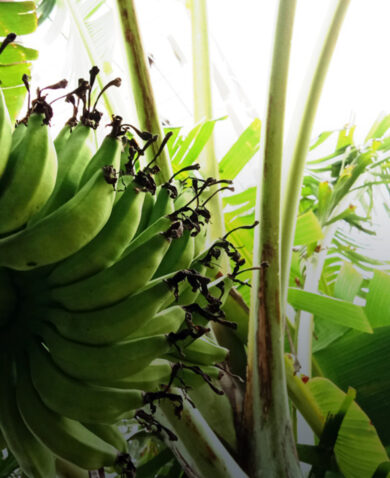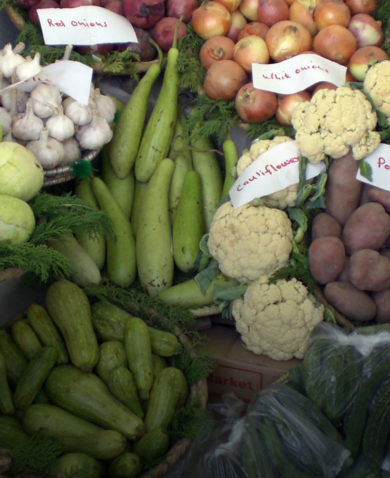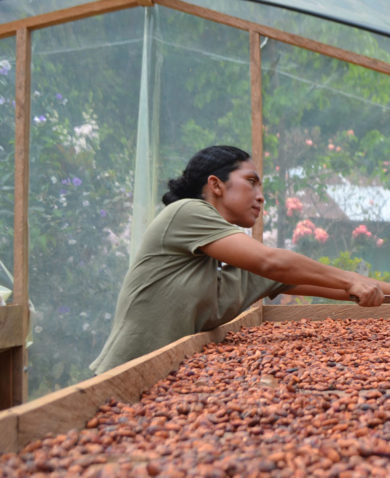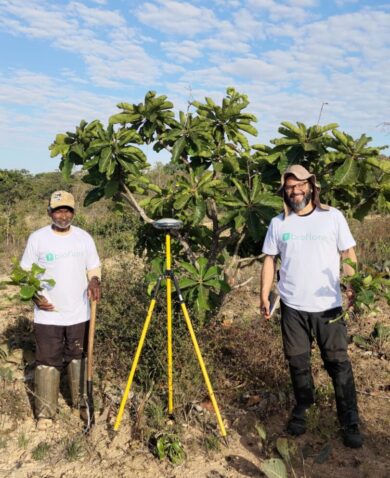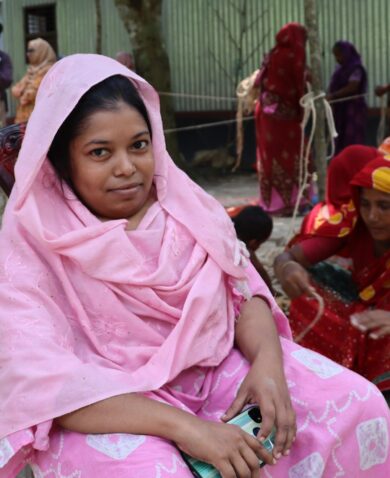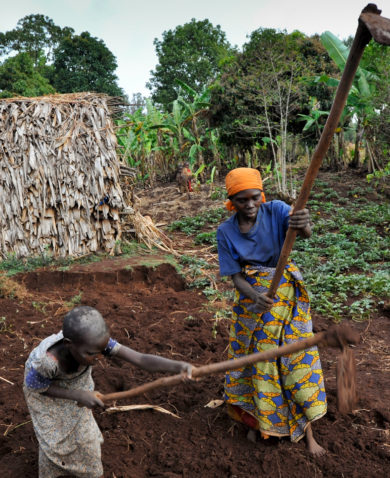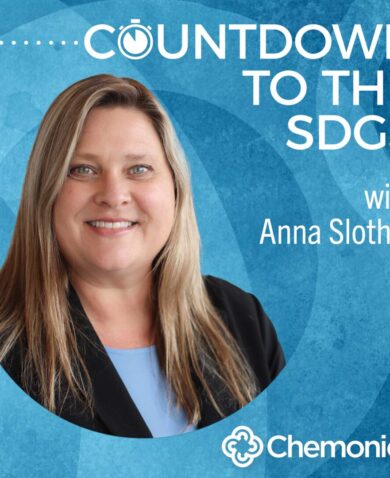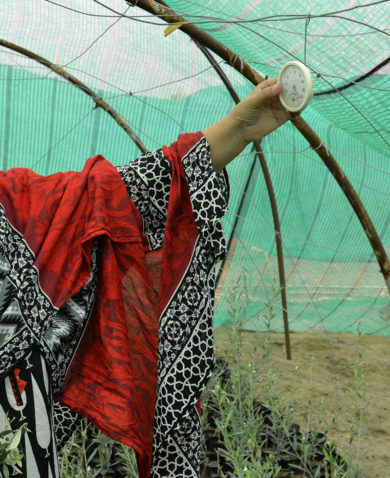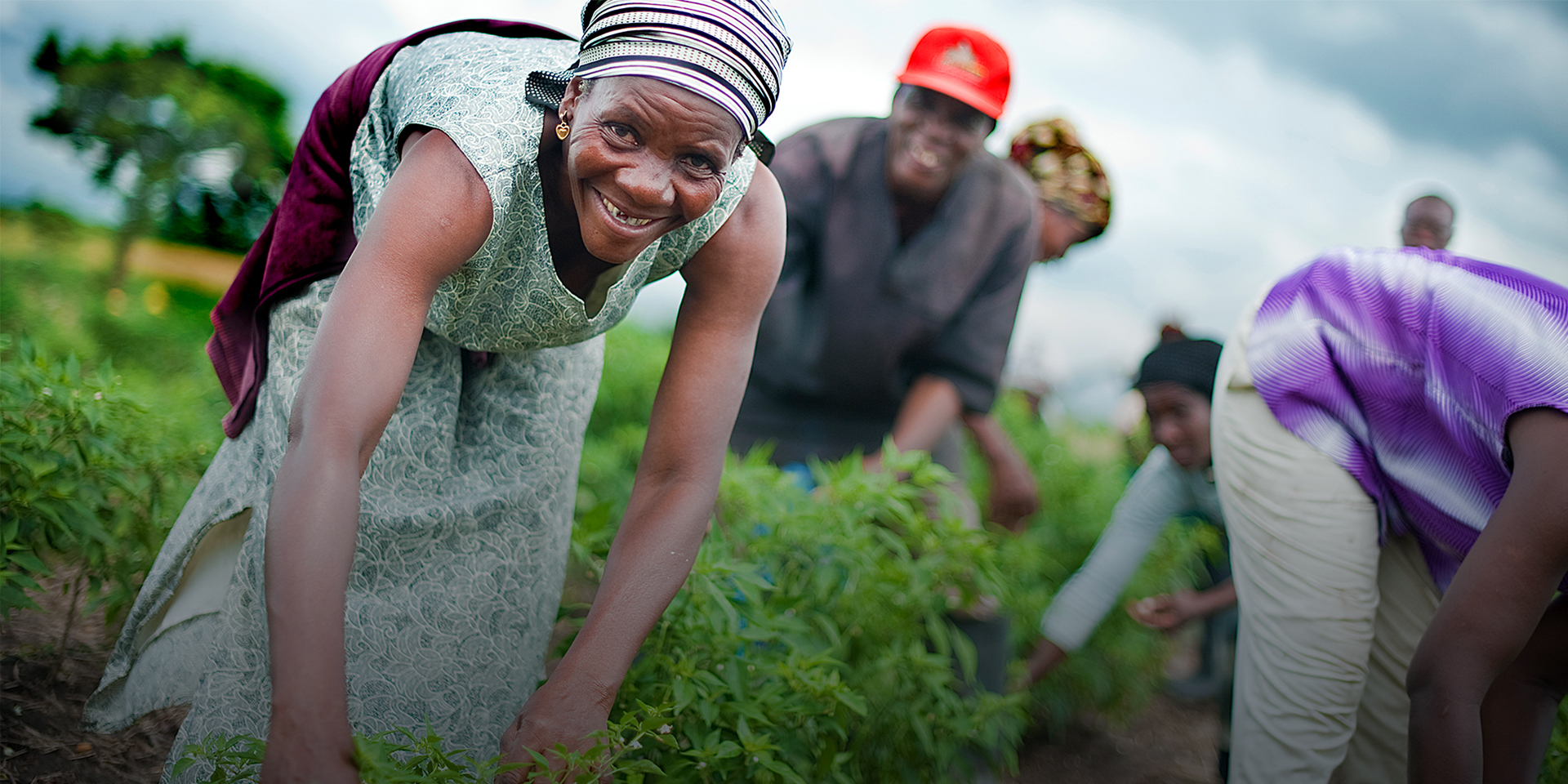
Giving a Voice to the Little Guy: Advocacy in Agriculture
May 16, 2017 | 3 Minute ReadSmallholder farmers produce about 80 percent of food in Asia and sub-Saharan Africa. Don't they deserve a voice in policy development?
It’s no secret that agriculture is an important sector in the field of international development. The presence of farming, agricultural technologies, and agriculture policy is a certainty in nearly every country around the globe. Within this sector there are some 500 million smallholder farms worldwide; more than 2 billion people depend on them for their livelihoods. These small farms produce about 80 percent of the food consumed in Asia and sub-Saharan Africa. It is important to help these small farmers succeed to ensure the sustained production of food to supply the world’s population.
Fortunately, there are many logical ways that we as implementing partners can work with smallholder farmers to sustainably increase production and yields, from the provision of disease-resistant seeds to the delivery of new agricultural technologies that allow farmers to have access to up-to-date climate information. A perhaps less obvious but equally important approach is to advocate to give farmers a voice in policy formation and implementation to create an environment that enables them to succeed.
Advocating for change
Advocacy as a tool for promoting effective policy in agriculture is not a new idea, and like most effective development interventions, it is not a one-size-fits-all approach. This tool has been used effectively around the world in development programs for decades, and can be implemented in ways ranging from bringing stakeholders together to discuss key policy reforms to giving grants directly to local groups already engaged with farmers in the community.
Bringing farming to the forefront in Ghana
I recently went to Ghana’s capital, Accra, to learn about effective activities for smallholder farmer advocacy from the Feed the Future Agriculture Policy Support (APS) Project, implemented by Chemonics. Advocacy, as I learned during my time in Ghana, can be a powerful method to influence change in policies and to give smallholder farmers a voice in the formation and implementation of the policies that affect them the most. It’s one of APS’ main methods of enacting change and fostering a strong enabling environment for smallholder farmers across Ghana.
In the Greater Accra region of Ghana, agriculture plays an important role in the daily lives and livelihoods of many of the region’s inhabitants. But at the district assembly level, where many of the budgetary and policy decisions are made, agriculture issues have taken a back seat due in large part to the fact that there are little to no agriculture-focused subcommittees in the district assemblies. As a result, farmers have little voice in the policy process.
Over the airwaves
To help address this issue, APS awarded a grant to a local radio station, FMSL Multimedia Ltd., to advocate for increased agriculture resource allocation to district assemblies in six districts in the region. I visited the FMSL offices to learn firsthand about the impactful work done through this grant. FMSL produced and broadcasted radio programs across the region that stressed the importance of agriculture and informed farmers about public policies and the current state of agriculture resource allocation. The radio programs received a huge positive response from farmers. Through the radio programs, farmers not only became more informed about best practices, but also called in to the show, connected and interacted with other farmers in the region, and held public officials in their respective district assemblies accountable for increasing resource allocation to the issues that needed the most attention. I was blown away as I heard just some of the many results of this activity — stories of one district’s officials who took action to clean out the river banks that were affecting fishing activity, and of smallholder farmers becoming engaged in the public policy process like never before. As a result of the FMSL grant, five of the six district assemblies where the program was broadcasted established agriculture subcommittees committed to keeping farmers’ voices at the forefront of the policy process.
Three tips for effective advocacy
Now that I’m back from Ghana, I’m excited to think about what can be possible when we advocate for groups whose voices may otherwise be diminished. Based on my experience, here are a few key takeaways that we can all keep in mind when promoting advocacy for effective policy:
1. Stay out of the spotlight. Play the important role of organizer, facilitator, and coordinator, but let your beneficiaries take the lead. Empowering beneficiaries in this space is crucial for capacity building and sustainability of interventions.
2. Context is crucial. Make sure you’re supporting advocacy for reforms that make sense in the country and context in which you’re working. Working to reform a policy at the local level can be just as important as (and sometimes more effective than) tackling national policy reform.
3. Think outside the box. Be open-minded in deciding what advocacy should look like on your project. Advocacy can take many shapes and forms — it’s not a new idea, but it can be an innovative one!
With agriculture as such a large and far-reaching sector in development, and with small farms making up such a significant portion of farming, it’s important for the development community to work with farmers to advocate for effective policy that allows farmers to flourish. In turn, this can increase food security, secure agriculture-focused livelihoods, and give a voice to farmers around the world.







